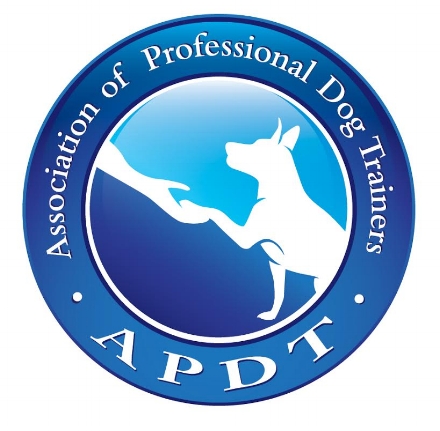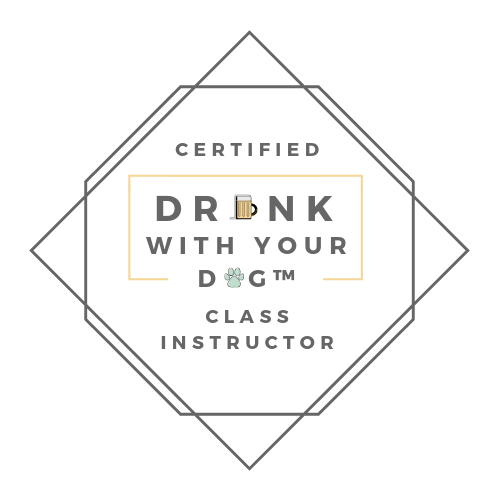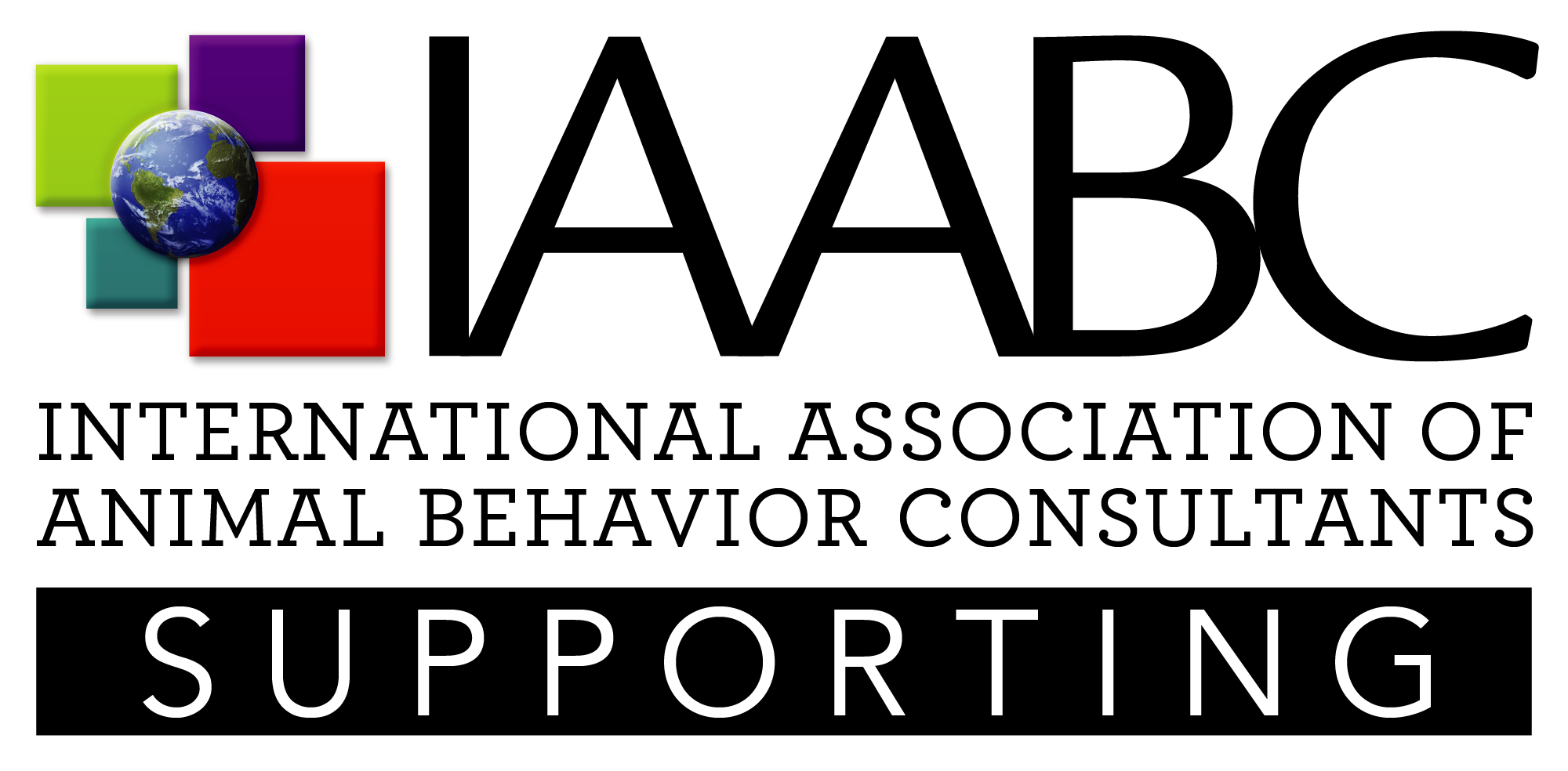Recent news reports have stirred concern in our clients regarding a “mystery illness” affecting dogs in the U.S. As there’s quite a lot of misinformation rolling around out there, we wanted to take a moment and address your concerns.
First to know, there are NO confirmed cases in Whatcom County, or nearby surrounding counties. There are unconfirmed reports of suspected cases in Eastern Washington; As of this morning, according to Washington's Department of Agriculture, which is responsible for tracking such illnesses, there have been no confirmed reports of the mystery illness in the state.
This illness has been around for a while, some veterinary sources estimate well over a year, but recent news articles have kicked off a flurry of panic, and as we know, news cycles thrive off panic.
Being aware of the developing situation and proactive with your dogs health is always a good idea. We are aware that serious illness has occurred, and as a dog-centered business and dog lovers ourselves, we are doing our best to stay informed with accurate information, doing our best to balance the legitimate concerns of health without being dismissive to the very real concerns.
There is quite a lot of misinformation circling right now, and it's important to remember anecdotal experience is not evidence. As helpful as it can sometimes be, Social Media can too often fan the flames of panic and spread inaccurate information far more quickly than facts.
So what do we know?
There is a general increase in a variety of respiratory illnesses in general, like bordetella (aka kennel cough/canine cough) as we expect to see this time of the year. Much like kids bringing home fall-colds, dogs often have higher rates of respiratory infections in the fall.
Serious illness related to respiratory infections is being reported in a smaller subset of dogs across the U.S. with respiratory symptoms. We do *not* know 100% where it came from, or how it's being spread. We do know it is not a specific virus, more likely a combination of factors leading to more severe symptoms. The cases recently picked up in the media may, or may not be related. There are currently too many variables and a relatively small number of cases with so many unknowns at this time. There are common themes, but there is simply not enough evidence. This disease is not “sweeping the nation” as some media outlets claim.
Obviously, any illness is cause for concern. We should all be vigilant for potential infection in our dogs, and changes in behavior are often the first sign our dogs are sick.
Symptoms to look for:
Weakness, severe depression, lethargy (excessive sleeping, low energy, low or no interest in normal activities)
Difficultly breathing (breathing faster and harder at rest)
Inappetenance
Cough that is persistent, causing significant problems such as vomiting or periods of respiratory distress
Sneezing
Increased nasal and/or eye discharge
Particularly high risk dogs include:
Seniors
Very young
Pregnant
Immunocompromised (by disease or treatment)
Dogs with underlying heart or respiratory disease
Brachycephalic breeds (smooshy faced breeds)
If you think your dog may be ill, call your vet, and isolate your dog. That means no daycare, boarding, group classes, or even walks in public if they can be avoided. If you are concerned your dog may be ill, isolating them will help keep other dogs safe and prevent further possible exposure/infection of your dog.
If you think your dog may have been exposed to a dog that is ill, isolate from other dogs, call your vet, and monitor for symptoms.
What are we doing at Pawsitive Pooch?
The protocols we already have in place exceed industry standards, and are here specifically to prevent the spread of disease. All dogs are required to have their Bordetella and canine parainfluenza virus vaccines to attend, and if your veterinarian recommends it, we are supporting clients in vaccinating their dogs for Canine Influenza.
As standard practice, every family drops off one at a time. During drop off, we evaluate every dog in our care for symptoms of illness, including coughing, sneezing, unusual nasal/eye discharge, unusual bowel movements and overall behavior/energy. Any dog with suspected illness will be dismissed, or if already in group, immediately isolated and sent home. The rare occasions where we suspected dogs had been exposed to anything contagious, we contact families right away to inform and discuss appropriate next steps.
We take the time to chat with you and get a sense for how your dog has been feeling and ask follow up questions to determine if there are any behavioral or physical changes that indicate potential illness.
We have air filters running throughout the day to reduce the risk of airborne disease transmission.
We wash our hands frequently, and remove soiled items throughout the day as needed.
We immediately clean up any urine, feces etc and immediately clean soiled areas.
We use veterinary-grade disinfectants on all dishes, toys, leashes, high-touch surfaces, and spray down all flooring and surfaces with the same disinfectants after cleaning at the end of the day, including the lobby floor and even our own clothing.
We clean the facility throughout the day using dog-safe cleaners, and block off areas for using disinfectant when required.
Our groups are kept small and stable, which not only offers a predictable routine for best behavior outcomes, it helps limit the spread of any potential disease.
Your dogs are our family, too, and we go to painstaking lengths to keep every pup in our care safe.
We are closely monitoring the development of the disease through a number of avenues, including veterinary and daycare groups, following recommendations from both national and local veterinary sources, and using common-sense hygiene practices. We encourage our clients to get their news from trusted sources and follow the advice of your veterinarian, and take what you see on neighborhood social media groups with a healthy grain of salt.
If we feel that closing our daycare services are necessary to keep your dogs safe, we will not hesitate to do so, and instead will offer alternative services to keep your pup exercised, engaged, enriched, and healthy. Our world revolves around your dogs, and we will do everything within our means to keep them safe.





